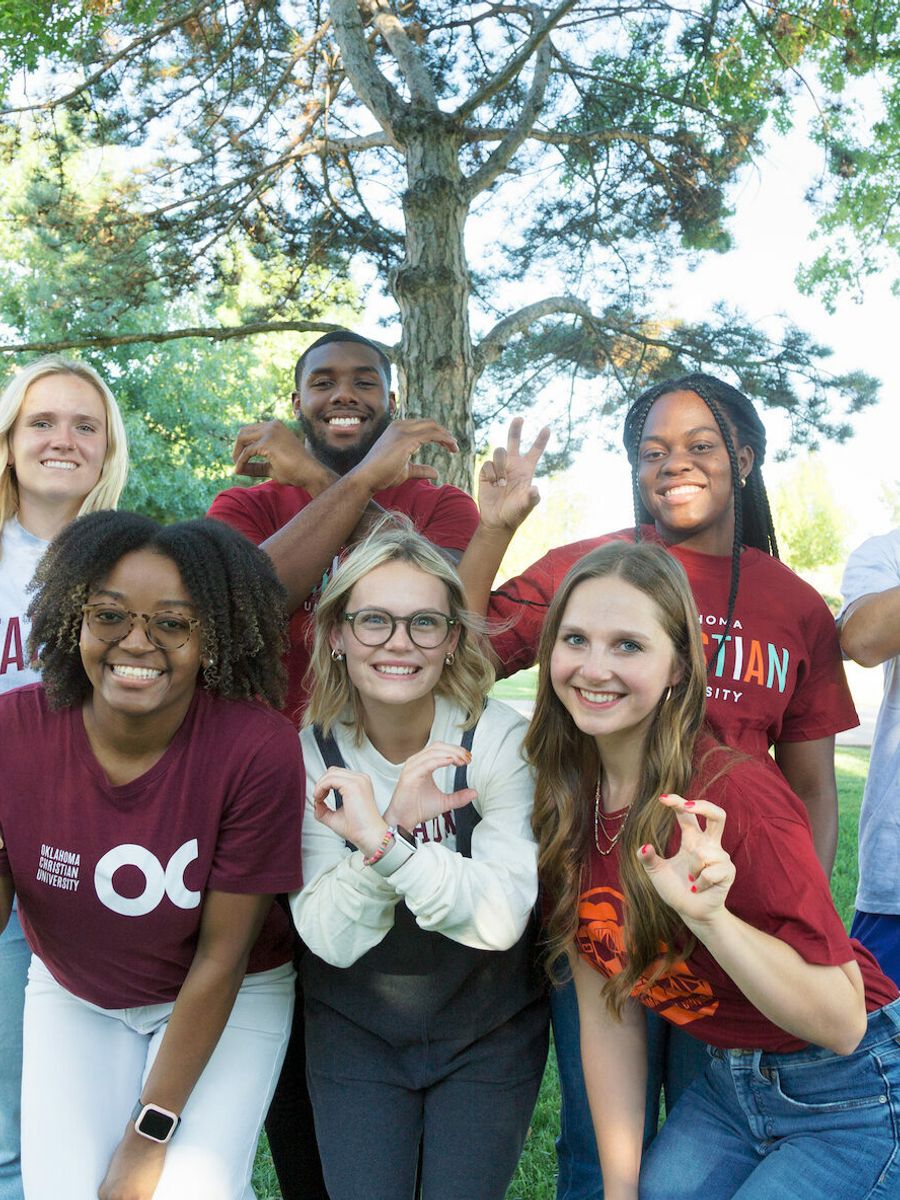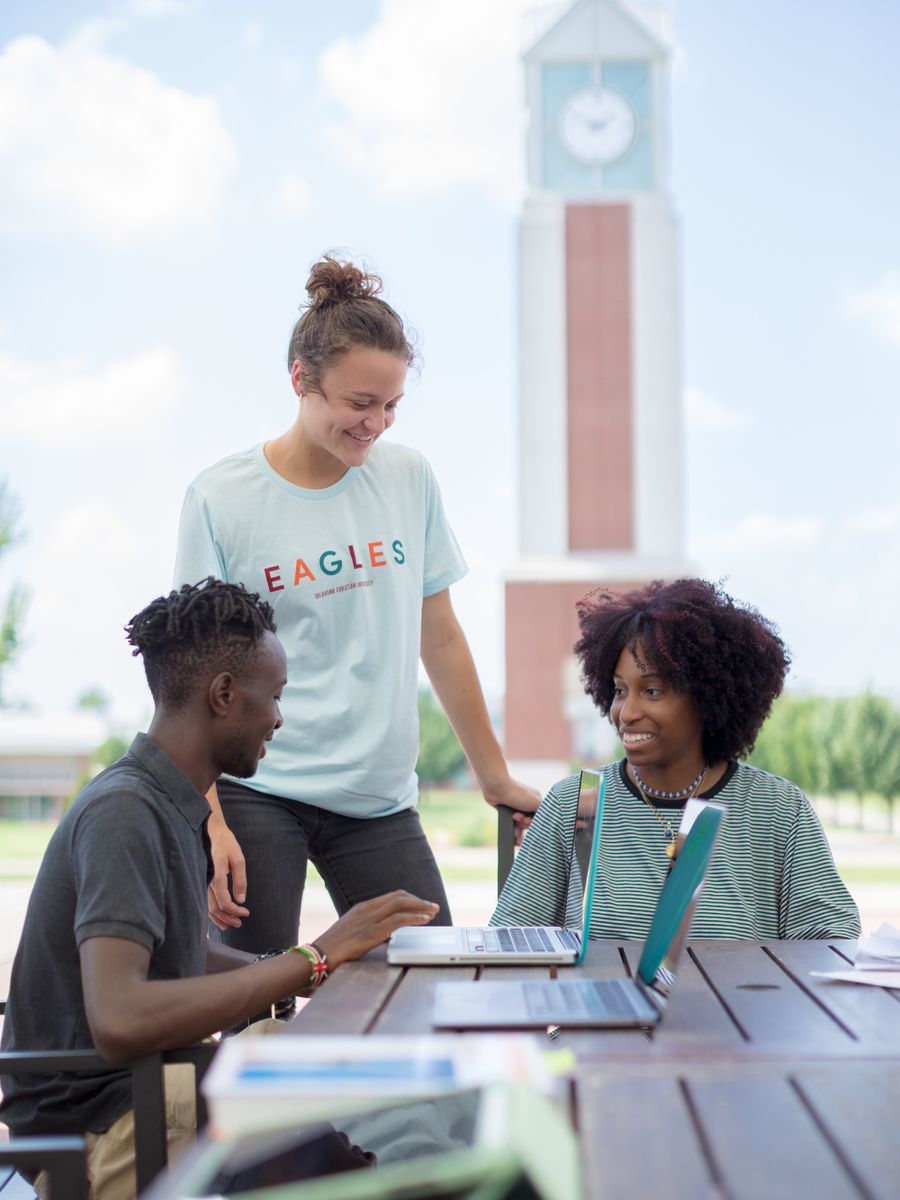Professor Kern on the Power of Inclusion
There is power in an inclusive life. When my son Josiah was still in utero, we found out he had an extra chromosome. In the weeks and months that followed, I was crushed. I assumed that all the dreams that I had for raising a son were now gone.
You see, I remember growing up in a time when chromosomal abnormalities, developmental disabilities were treated like a disease. I remember a life before people-first language when someone like my son would simply be called one of those Downs kids. I remember being told “those kids” were special and should be treated differently. I remember “those kids” being pulled from our classrooms at school and moved to the other end of the building in a room we called the LD (learning disorder) class. I remember “those kids” never really got to participate in anything with us. I remember volunteering at the Special Olympics where we would feel good about ourselves for volunteering while secretly laughing at “those kids” because we didn’t understand them. I remember hearing about how “those kids” would become “those people” who lived in their own facilities away from “normal” society. I remember thinking “those people” can’t really contribute much so it is best they have their own place where they can feel okay about themselves. I remember.
So, as you can see, my eyes were closed tight. My mind was spinning. My unborn son was doomed to a life of isolation and never fitting in, and being made fun of, and not being able to learn, and never contributing. Then something amazing happened. While in a class called Partners in Policy Making put on by the Developmental Disability Council in Oklahoma City, Dr. Al Condeluci, one of the nation’s foremost inclusion researchers, and practitioners gave me permission to DREAM BIG for Josiah. Josiah’s life didn’t have to be the type of life I remembered. He could live a full life, included in church, included in school, included in the community, included in the work force: Included! Included! Included! And not only could he be included, but HE SHOULD BE!
In the past several years I have jumped headfirst into the inclusion literature. My love for my son coupled with my passion as a family scientist has led me to discover this one truth: INCLUSION WORKS! Not some of the time. Not most of the time. All of the time! It works. So, what does all of this mean? It means we need to broaden our minds. We need to think about the decisions we make, that our workplaces make, that our schools make, that our state government makes, and we need to constantly ask how do those decisions either promote or impede the inclusive life?
Josiah was fully included in his childcare program from the time he was 6 weeks old. He had the same expectations as his peers, was expected to behave like them, to learn like them, and from time to time mess up like them. But his bar has been set high, and he hits it more times than he misses it. We are now working off of an IEP (Individualized Education Plan) for Josiah in his kindergarten year. We told the school that anything less than full inclusion in the classroom was unacceptable, and we will continue to push that. Unfortunately, for many families this simple idea of school inclusion is a battle. But did you know that policy like the ADA and the IDEA make these things not only necessary but mandatory? We need to stop finding “loopholes” and include our kids. Research study after research study has shown that inclusion in the school classroom is highly correlated with positive academic, behavioral, and social outcome for the child with the disability and just as highly correlated with those same outcomes for the children in the classroom without disability.
We must train our mainstream teachers and our special education teachers to cooperatively put together accommodations. We need to make the process for children to have access to helpful technology much simpler. We need quality aids and therapists within the school systems. A focus on education is a focus on inclusion. But it doesn’t stop in our schools. It carries over into the workforce. It is about contribution. Our kids should be able to find jobs that pay at least minimum wage and nothing short of that. They should be able to work for a living and not lose access to their services or their health benefits. That is not how inclusion works. Sadly, that is the system today and it is not just the workforce but other aspects of life that we often take for granted. Did you know that if two people with a disability fall in love they can’t get legally married because one of them would lose access to their SSI (Supplemental Security Income) and related services? This is not inclusion, and it is not just romantic relationships. Did you know that most people with a disability will report feeling socially isolated at some point in their life? And did you know that many of those report the number one place they feel it the worst is in our churches? Let that sink in. People feel socially isolated in our churches.
So again, I ask what does all of this mean? It means change is coming. It means change is here. It means we are all being challenged to think inclusion first. Not because it makes us feel good, not because it is required by law but because it is simply the right thing to do and it works. Dream Big!
October is Down syndrome awareness month. We share this article with you to help us promote acceptance and inclusion for individuals with Down syndrome. ACCEPT. RESPECT. INCLUDE. #crazy4DSACO
Bobby Kern is a current associate professor in psychology and family science at Oklahoma Christian University. He is also the current president of the board for the Down Syndrome Association of Central Oklahoma.

